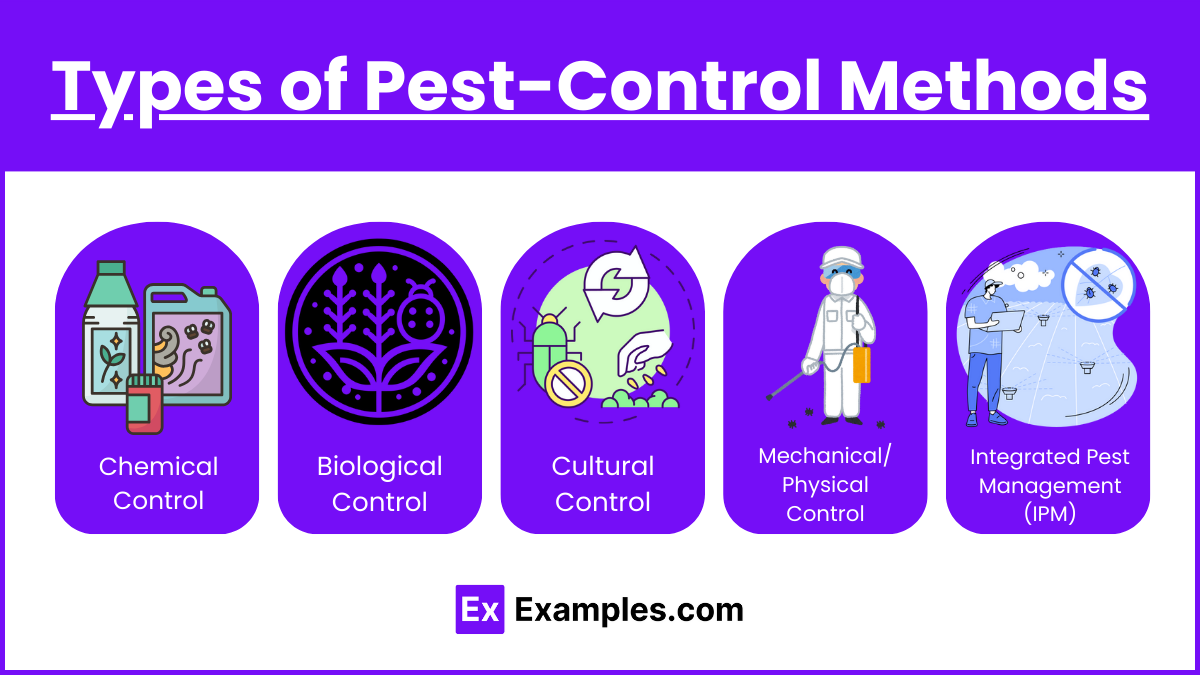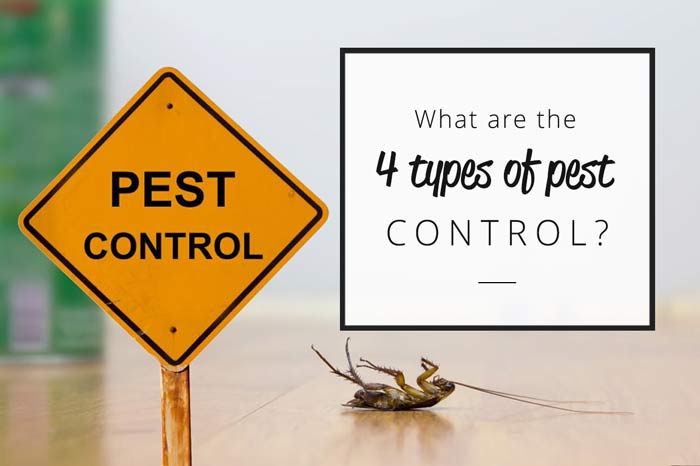What Does Pest Control Mean?
What Does Pest Control Mean?
Blog Article
Pest Control Things To Know Before You Get This
Table of ContentsEverything about Pest ControlGet This Report on Pest ControlAll about Pest ControlPest Control - An OverviewThe Single Strategy To Use For Pest Control
Limitations of Chemical Administration Be able to analyze pest issues, figure out if administration is essential, and make suitable recommendations using IPM methods. Recognize with different approaches of bug management - their advantages and constraints. Understand the value of useful bugs. It is not possibleor also desirableto rid gardens of all bugs.This phase talks about (IPM), an approach that makes use of understanding about pests and their, methods, nonchemical approaches, and chemicals to manage bug problems. Added info regarding IPM for particular plants is included in chapters that focus on those plants. Pests in a garden or landscape may include insects and mites, weeds,, animals, and birds.
Pests and weeds, nonetheless, play a role in the. After planting a yard or establishing a grass, the natural process of plant succession begins to reestablish and nonnative plants.
What we call "pests" are part of an all-natural system at job. Only humans take into consideration specific species insects when they happen where they are not wanted.
Not known Facts About Pest Control
Insects susceptible to a pesticide were promptly eliminated, leaving resistant ones to reproduce and multiply. It ended up being clear that chemicals alone would certainly not resolve all bug troubles.
An IPM strategy permits some level of bugs in the setting. Bugs are much less likely to make it through a program that utilizes several different techniques of lowering their populations. Integrated pest administration was initial recommended by entomologists due to the fact that insects were the initial group of pests to show difficult to manage with chemicals alone.
insect and host precisely. and think about financial or aesthetic injury. A limit is the factor at which activity need to be taken. a therapy method utilizing mechanical, cultural, organic, or chemical controls, or a mix of these techniques. success of treatments. IPM has actually expanded beyond insects to monitoring of all pest populations: weeds, disease microorganisms, and creatures.
Get This Report on Pest Control
Monitoring instead of eradication of bugs is the objective. An IPM strategy begins with a cautious analysis of each bug infestation. Only after that can one determine about the suitable techniques required to subdue insect tasks. The life process of the insect, feasible damages, all-natural enemies, and effects of weather condition, to name a few factors, are considered before a control strategy is applied - Pest Control.
Clover expanding in a yard may be considered as an unwanted weed, however as a vegetable it is synthesizing nitrogen for the dirt and the flowers are providing nectar to honey bees and other. Resistance for some weeds may be component of an IPM strategy. may be consuming the leaves of a plant, but when they are identified as the larvae of Eastern tiger swallowtail butterflies, their damages might be endured so we can delight in the lovely butterfly.

The second most important tool in parasite monitoring is early treatment. Reacting to troubles quickly, before they have time to multiply, needs a less remarkable treatment.
Pest Control for Beginners
Numerous safe, useful, nonchemical approaches of plant security and bug management might reduce or remove the requirement to spray. Various other techniques are most helpful when made use of with chemicals. To execute monitoring techniques correctly and to decrease losses, garden enthusiasts ought to recognize the kinds of insects that attack plants and click here to read comprehend pest biology.

Performing a dirt test and applying only the suggested amount of fertilizer and lime makes the most of the advantage to the plant while decreasing troubles connected to excessive use of fertilizer - Pest Control. Covering the soil with numerous inches of compost shields the plant in a number of means: minimizing soil water loss to dissipation, lessening weed competition, offering nutrients, and creating an ideal environment for earthworms and microorganisms that maintain the dirt loosened for origins and break down natural product to release nutrients
If mulch touches the trunk, it can develop a way for voles, bacteria, and fungis to attack the plant. Do not utilize manure or compost that has not thoroughly disintegrated as a leading dressing since it can encourage undesirable parasites. Research study suggests that farming is damaging to soil framework.
Pest Control for Dummies
If tilling is considered necessary, consider doing it in the loss when the life cycles of numerous insects brings them near the surface. a knockout post At the surface, pests become revealed to the weather as well as birds and various other all-natural enemies.
Report this page